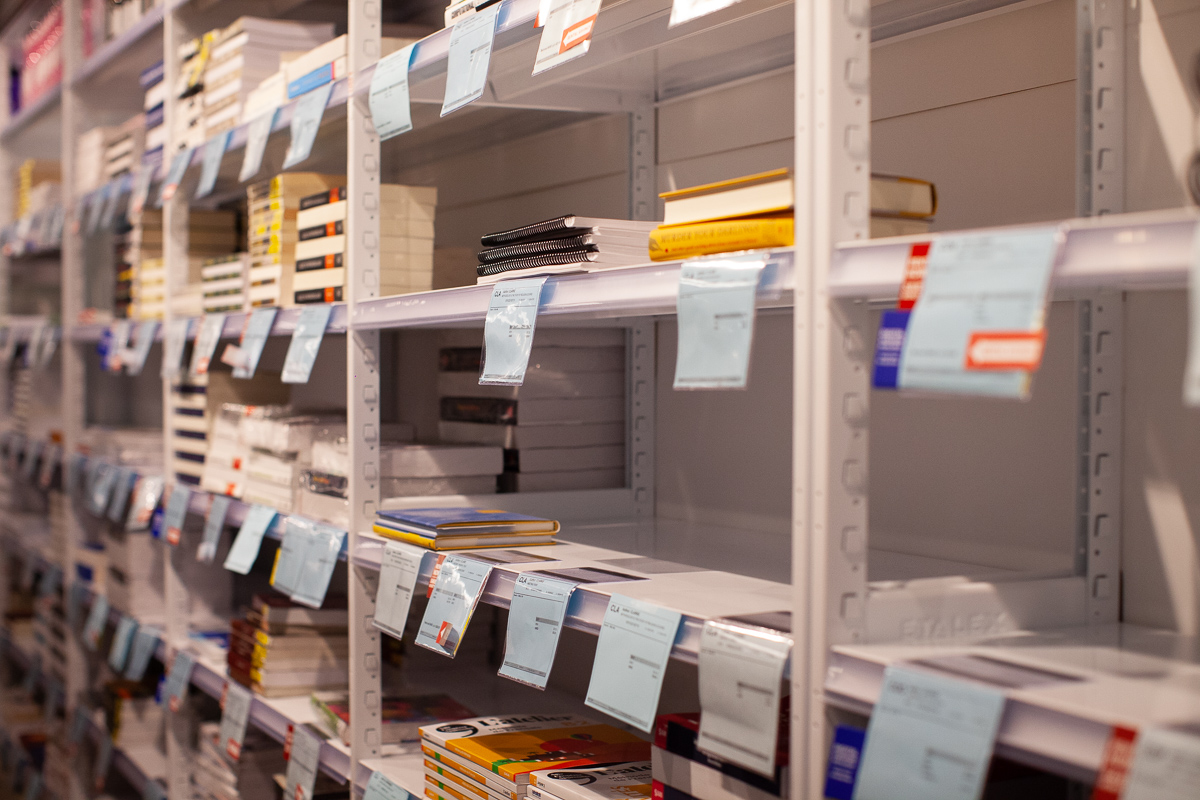Due to supply chain delays some textbooks will arrive late
The COVID-19 pandemic continues to affect the global supply chain, causing a global book shortage.
The supply chain issue began with a paper shortage triggered by the high demand for wood pulp that is used to make paper. According to the U.S. Bureau of Labor Statistics, the cost of wood pulp has gone up 49.4 per cent over the past year, and the cost of paper has gone up 16.4 per cent.
A report from the printing company Sheridan states the price of wood pulp rose from $700–$750 per metric ton in 2020 to almost $1,200 per metric ton in 2021.
A lumber shortage caused delays in obtaining materials to make paper, which led to a price increase. The paper and labour shortages in warehouses caused more problems for the printing industry and further delayed the production of books and shipping. These problems contributed to textbook delays in universities and colleges around Canada for the fall semester.
“This was definitely not a shock or surprise to anyone,” said Rachel Rainville, Concordia bookstore manager at the downtown Book Stop. “We knew it was coming and we just prepared ourselves and I think we were prepared really well there.”
Rainville says there weren’t many shortages at the store. The Concordia bookstores used different vendors and shared stock between locations to ensure that students had access to their textbooks.
“I just made sure to have enough books for everyone. We knew it’s gonna take a while for these books to come in. So we made sure to order for everyone.”
Though some books were delayed, digital books offered a solution.
“That’s been a great support from the publishers digitizing their books and making sure that the materials are always available. So we’re seeing more of a shift to rental and digital sales.”
Among the students who chose to purchase digital books, Camila Caridad Rivas, a third-year journalism student, purchased the digital version of her textbook after an employee told her the book was no longer printed, and she should look elsewhere for a digital copy.
“I looked into it and found the digital book, but it was shocking. What if there hadn’t been an ebook version of an essential textbook I needed? I’m just glad that wasn’t my case,” Rivas explained.
Though the Concordia bookstore did not face many major issues in receiving textbooks, Rainville is confident all students will get their textbooks in time next semester. The staff is already asking professors for their book lists, and they’re starting to place orders earlier than usual to anticipate any delays.
“We always encourage rental as well because rental, you know, really helps the students save money and then they just bring the book back to us, so we still have that book,” Rainville suggested.
Photograph by Catherine Reynolds
